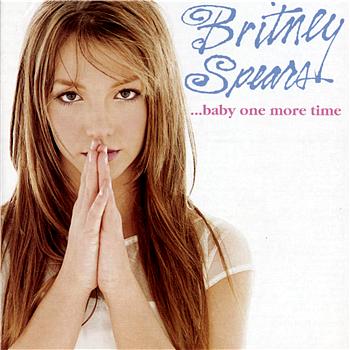Publishing is not for the faint of heart.

The publishing industry is certainly not an uncompetitive one. The big publishing houses are always looking for the next best seller.
Literary agents want a manuscript that shines amongst their sea of submissions. Sometimes it all hinges on a title being compelling as to whether or not an agent will request a “full” after reading your query letter. From our PR perspective, when we look at the media potential of a book we always have to consider what’s already out there. This especially becomes important when the book fits in to saturated genres like Business and Self-Help. What makes your personal finance guide for twenty-something women different or better than the very successful On My Own Two Feet or a book by Suze Orman?
Don’t panic! You don’t have to have a famous last name to get your book noticed. Here are some things to remember if you’re thinking about jumping in to the shark infested waters of the publishing industry:
- Credentials. An author’s credentials can really set a title apart and can help a publicist position the message as new, dynamic and just plain different. Moreover, consumers want information from a trustworthy source. For example, let’s say we have two books that teach you how to plan for retirement. Author A is a financial whiz kid. In addition to her amazing academic resume, she worked for several years at one of the “Big Four” auditing firms and Fidelity Investments. Later in her career, she began her own financial planning agency and recognized the need to share her knowledge with the burgeoning baby boomer demographic, specifically women. Author B has an identical resume and an identical goal. But, Author B has also carved out quite a niche for herself on the internet with a financial planning blog that receives over 500 unique visitors each day and a Q & A forum on her website. This has led to her second career as a speaker on financial issues that affect women. Thus, Author B has a larger platform and it might give her an edge when it comes to querying agents and when her publicist pitches her as an expert source to media outlets.
- Content. With over 175,000 books published each year, there are bound to be some similarities between titles. However, if you feel you have a unique message or (sticking with the financial planning motif) a new, better way for consumers to manage their nest egg, don’t be afraid to put pen to paper. As far as fiction is concerned, remember that people have many different tastes. If you’re a little bit less than confident about your writing skills, join a local writers group or attend workshops in your local area that offer the opportunity to meet with editors throughout the year. Also, you can seek out the services of a reputable, freelance editor to help you with your grammar and mechanics. When you’re ready to start writing, it helps to think like a publicist. Think “media potential” throughout the writing process. What news cycles will be best for your book? What issues covered in your book can be connected to staple media topics?
So, what are you waiting for? Get started already! You’ll never know if you can run with the big dogs if you don’t try. Start looking at ways to enhance your resume and build up your “street cred.” If you’re in the midst of the writing process, start thinking about the media potential of your book.
Labels: Author Promotion, Feiwel and Friends, HarperCollins. Running Press, Literary PR, Publishing, Talking Points


















